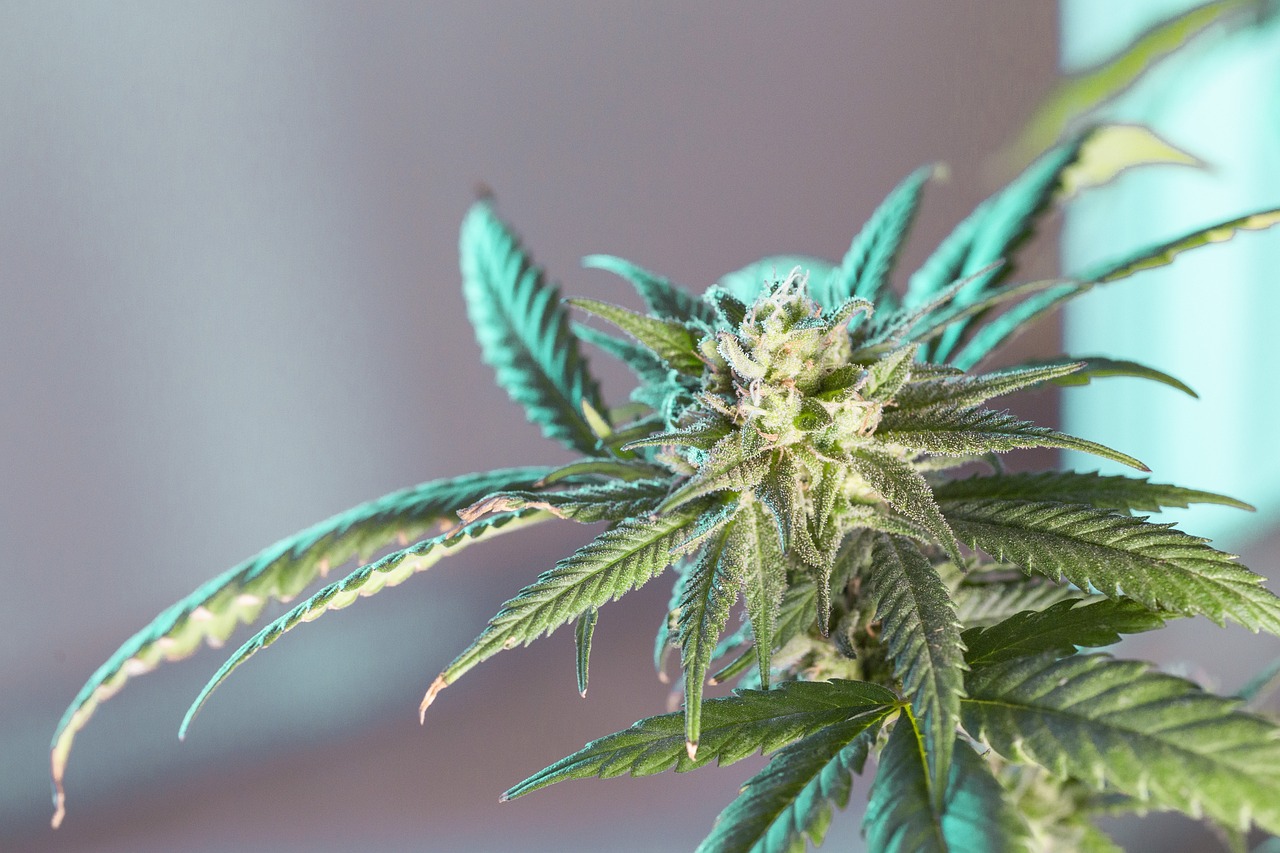-
Table of Contents
- THCA Flower vs. THC: Understanding the Differences and Benefits
- What is THCA?
- Properties of THCA
- Potential Benefits of THCA
- What is THC?
- Properties of THC
- Potential Benefits of THC
- Comparing THCA Flower and THC
- Psychoactivity
- Medical Applications
- Consumption Methods
- Case Studies and Research
- THCA Research
- THC Research
- Legal Considerations
- Conclusion
THCA Flower vs. THC: Understanding the Differences and Benefits
In the evolving landscape of cannabis, understanding the differences between THCA flower and THC is pivotal for both consumers and medical professionals. These two compounds, while related, offer distinct experiences and benefits. This article delves into their unique properties, uses, and the science behind them.
What is THCA?
THCA, or tetrahydrocannabinolic acid, is a non-psychoactive cannabinoid found in raw and live cannabis. Unlike THC, THCA does not produce a high. It is the precursor to THC and converts to THC through a process called decarboxylation, which occurs when cannabis is heated.
Properties of THCA
- Non-psychoactive
- Found in raw cannabis
- Converts to THC when heated
Potential Benefits of THCA
Research into THCA is still in its early stages, but preliminary studies suggest several potential benefits:
- Anti-inflammatory properties
- Neuroprotective effects
- Anti-emetic (reduces nausea and vomiting)
- Antiproliferative (inhibits cancer cell growth)
What is THC?
THC, or tetrahydrocannabinol, is the most well-known cannabinoid and is responsible for the psychoactive effects of cannabis. It binds to cannabinoid receptors in the brain, producing the characteristic high associated with marijuana use.
Properties of THC
- Psychoactive
- Found in decarboxylated cannabis
- Binds to CB1 receptors in the brain
Potential Benefits of THC
THC has been extensively studied and is known for its wide range of therapeutic benefits:
- Pain relief
- Appetite stimulation
- Reduction of nausea and vomiting
- Muscle relaxation
- Improvement of sleep quality
Comparing THCA Flower and THC
While both THCA and THC originate from the same plant, their effects and applications differ significantly. Here are some key points of comparison:
Psychoactivity
THCA is non-psychoactive, making it suitable for individuals seeking the therapeutic benefits of cannabis without the high. THC, on the other hand, is psychoactive and is often used recreationally for its mind-altering effects.
Medical Applications
THCA is being explored for its potential in treating conditions such as arthritis, neurodegenerative diseases, and nausea. THC is widely used for pain management, appetite stimulation, and as an antiemetic in chemotherapy patients.
Consumption Methods
THCA is typically consumed in its raw form, through juicing or as a dietary supplement. THC is consumed through smoking, vaping, edibles, and tinctures.
Case Studies and Research
Several studies highlight the potential benefits of both THCA and THC:
THCA Research
A study published in the British Journal of Pharmacology found that THCA exhibited anti-inflammatory properties, which could be beneficial for conditions like arthritis. Another study in the Journal of Neuroimmune Pharmacology suggested that THCA might have neuroprotective effects, potentially aiding in the treatment of neurodegenerative diseases.
THC Research
Research published in the Journal of Pain and Symptom Management demonstrated that THC could significantly reduce pain in patients with chronic conditions. Additionally, a study in the European Journal of Pharmacology found that THC could stimulate appetite in patients with HIV/AIDS, improving their overall quality of life.
Legal Considerations
The legal status of THCA and THC varies by region. In many places, THCA is legal as it is non-psychoactive. THC, being psychoactive, is subject to stricter regulations. It’s important to be aware of local laws when purchasing or consuming these compounds.
Conclusion
Understanding the differences between THCA flower and THC is essential for making informed decisions about cannabis use. THCA offers potential therapeutic benefits without the psychoactive effects, making it suitable for a broader audience. THC, with its well-documented medical applications, remains a valuable option for those seeking relief from various conditions. As research continues, the full potential of these cannabinoids will become clearer, offering new possibilities for both medical and recreational cannabis users.
